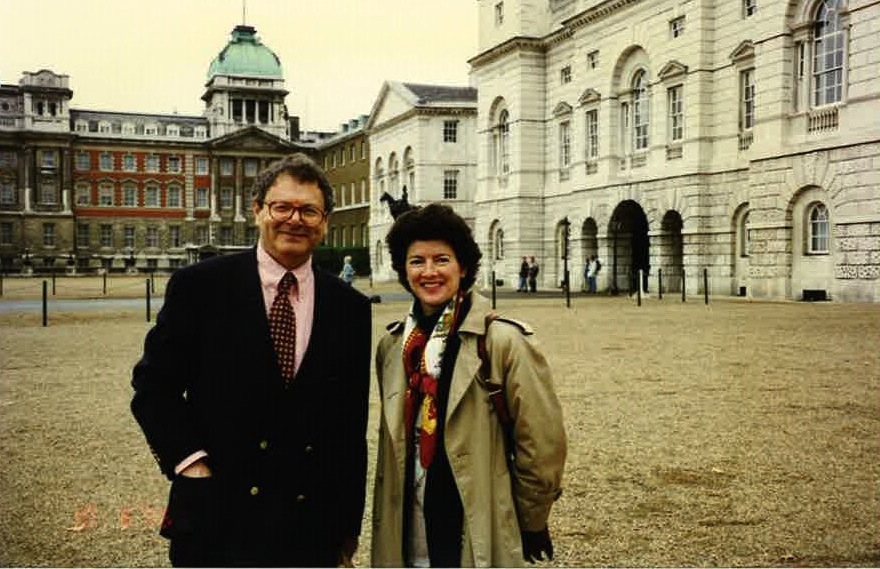


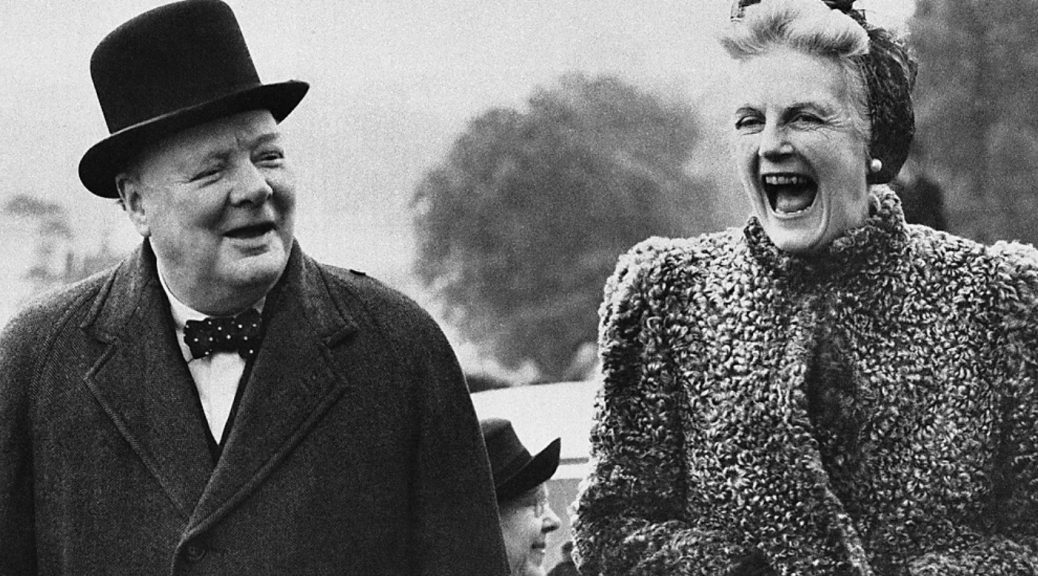
Your book Churchill By Himself is a treasure to which I frequently refer. I am a retired professor who recently lost his wife. I am preparing a memorial to her and found Churchill’s words as quoted in Andrew Roberts’ recent biography to be perfect. The sense of his words is that his wife Clementine was was a frequent, strong and fair critic of his writings, always helpful. I know that is not much to go on but I would appreciate corroborating information. —M.S., via email
A: “Here firm, though all be drifting”I will have to ponder your question, because his remarks about Lady Churchill are mainly tributes to her as wife, friend and advisor, not literary critic–although of course she was that too.…
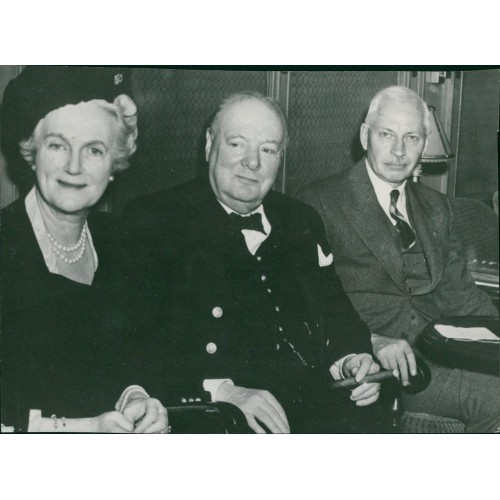
When we first moved to the United States we bought a home in New Canaan, Connecticut that had once been owned by Bernard Baruch and used has his get-away. We were told that, as he and Churchill were friends, Churchill had been invited by Baruch to stay there and it was there he wrote his Iron Curtain speech. We were never sure whether this was true or whether it was something a local real estate agent had dreamed up. There was another house down the road where George Washington was said to have slept on his way through!…
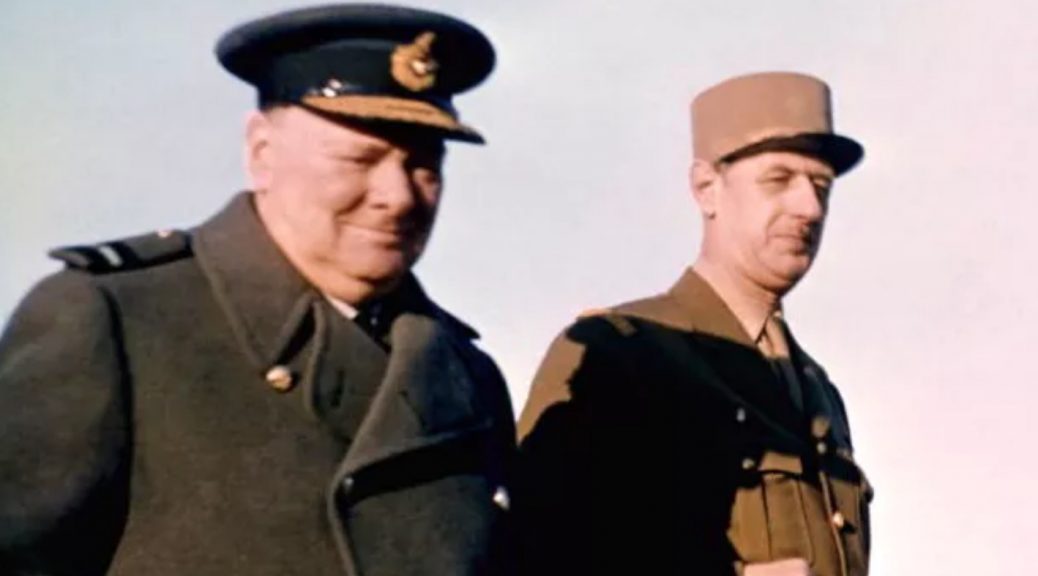
I found myself using an alleged Churchill witticism I have long known, but could not find in your book, Churchill’s Wit: The Definitive Collection (2009). As I have it, Churchill was preparing to meet Marshal Stalin, and a diplomatic advisor said, “He will probably expect to kiss you on both cheeks.” “Oh, that’s all right,” said Churchill, “as long as he doesn’t want to be kissed on all four.” Can you verify this one?
My own main area of scholarly research is Samuel Johnson, another subject often misattributed. Good quote collections more than just the quotation and its source.…
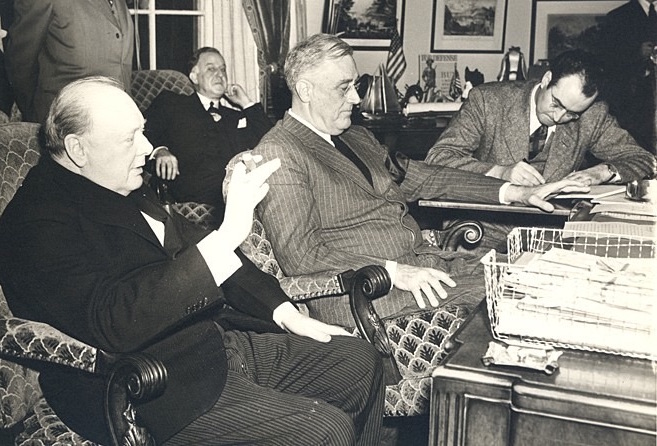

Most popular by far: On both the Hillsdale College Churchill Project website and this one, more reader comment is engendered over Churchill’s role in the 1943 Bengal Famine than any other subject. A lot of it, pro and con, is by Indians themselves. This is understandable. The food shortage that ravaged Bengal in 1943-44 was the greatest humanitarian crisis in India’s history. Up to three million people died—5% of the province’s population. Proportionally, think 16 million Americans.
The book that started the controversy, Churchill’s Secret War, is now eight years old.…
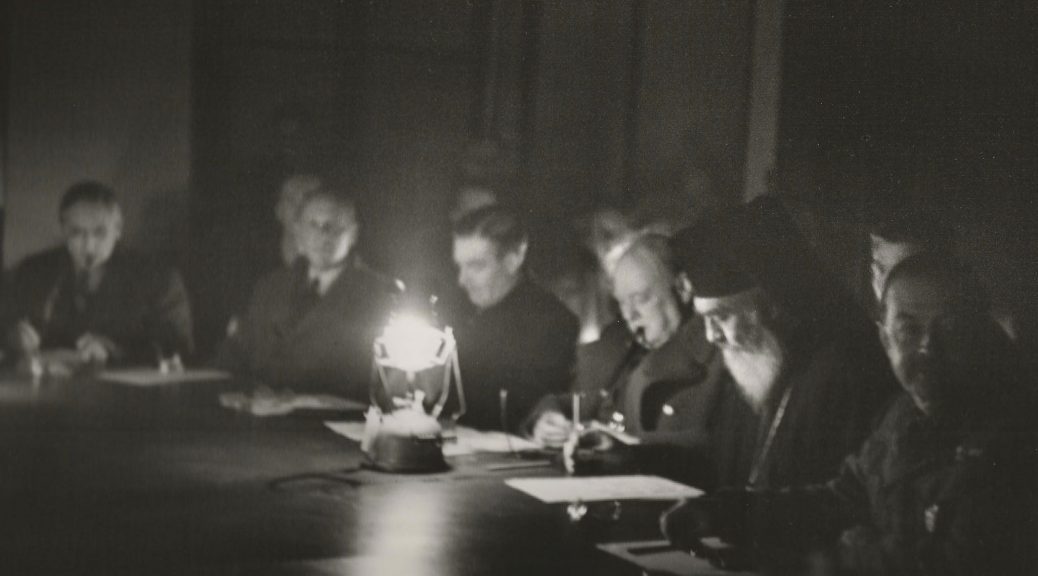
A r eader writes: “Rather late in the day, I have been reading The Spectator (UK) Christmas Special dated 15/21/29 December 2018. Page 28 refers to one Ronnie Boyd, who had been a teenage Ordinary Seaman aboard HMS Ajax in December 1944, when Winston Churchill arrived in Athens to try to end the ongoing civil war.
“British forces ‘helped put down, with considerable force of arms, a perceived partisan/communist uprising—the so-called Battle of Athens, or the Dekemvriana in Greece,’ the article states. There follows the extraordinary statement ‘Not Winston Churchill’s Finest Hour, it has to be said.’…
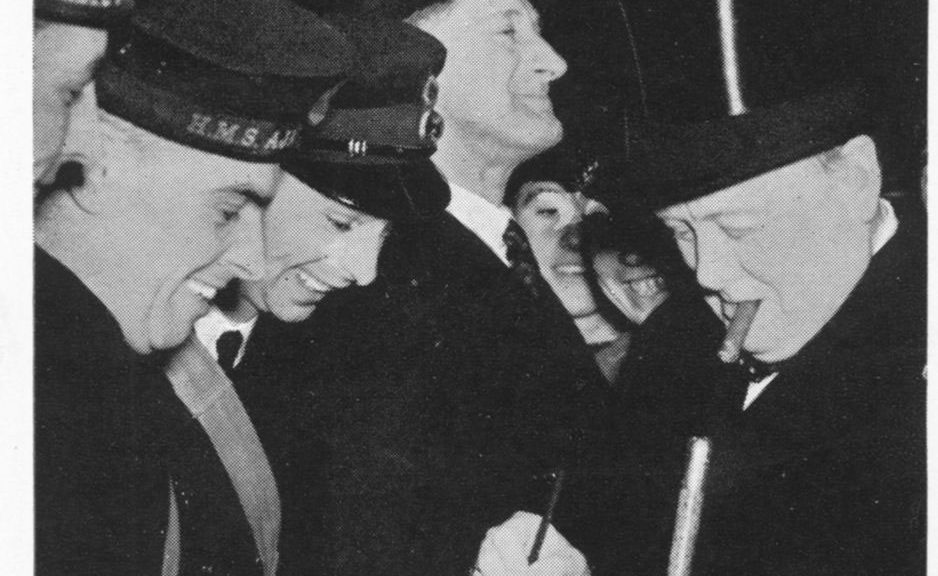
There was a time, in a long-ago and innocent age, when national leaders would walk about unaccompanied by security. Sometimes, they would even walk alone.
Four such episodes came to mind last week which exemplify this vanished era. Questions arrived from colleagues about Churchill: his encounters with Canadian soldiers and his North Carolina connections. Then The New York Times published a retrospective on Woodrow Wilson, during the 1918 Paris Peace Conference. This was remindful of a fourth episode, involving Harry Truman. The sadness is that none of these could have happened in, the last fifty years. Maybe longer.
Walk in Paris: Woodrow Wilson, 1918The Municipal Council of Paris gave President Wilson the keys to the City, but they neglected to present him with what is far more essential, a good map book, with which to find his way about the city’s intricate streets.…
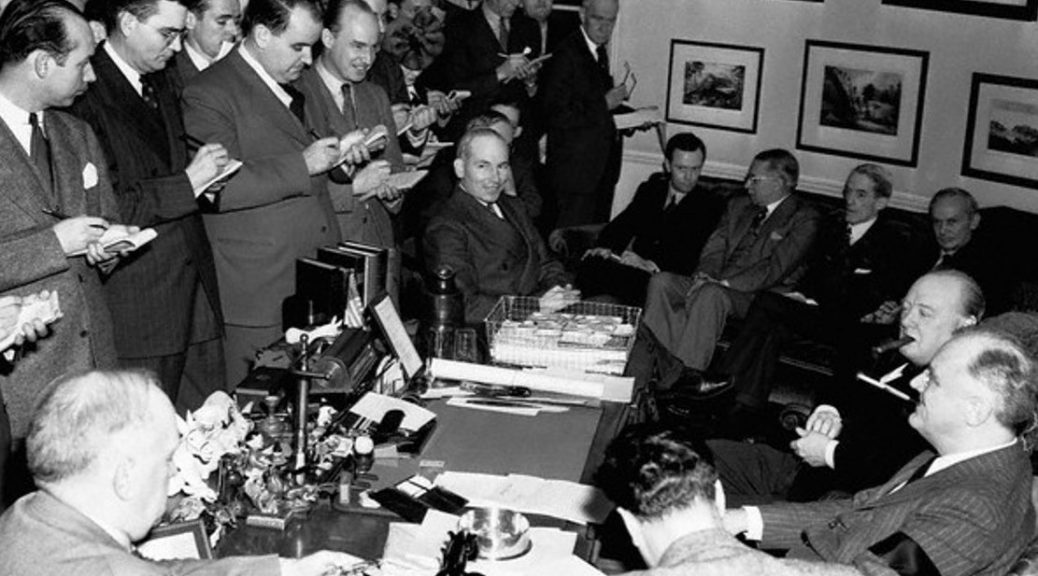
Q: “Who made the crack that Churchill had a hundred ideas a day but only four of them were good?” —Bruce Saxton, Trenton, N.J.
A: There are several candidates and variations. Taking them as a group, Churchill had from six to 100 ideas daily, of which between one and six were good. In order of the most likely. But it could be one of those all-purpose cracks applied to many people.
Roosevelt: fifty to 100 ideas, three or four good.President Roosevelt is the most likely to have said this, since he’s quoted more than anyone else.…
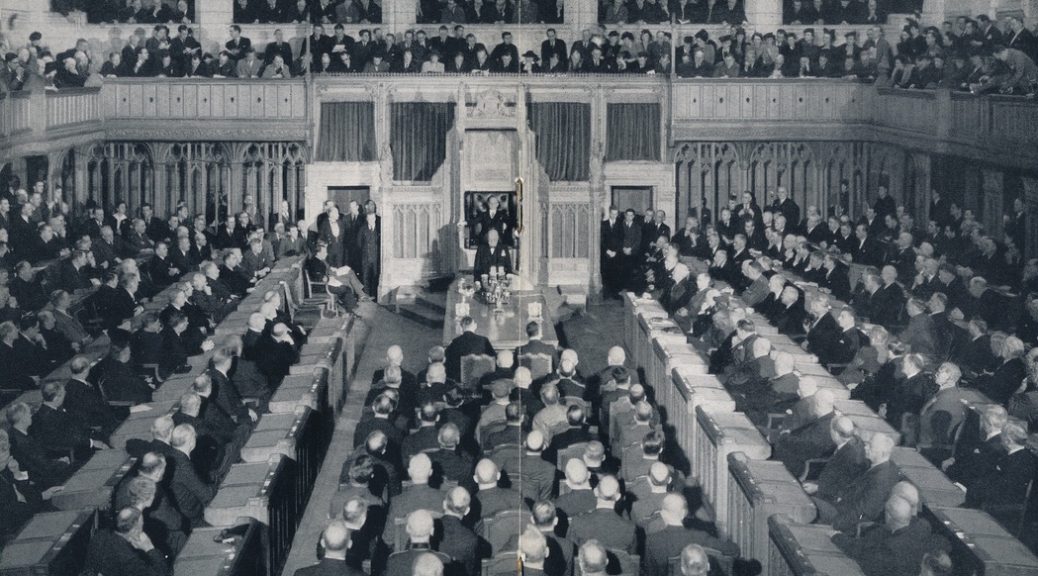
Perspective of History: Address to the Churchill Society of Ottawa, Ontario, Canada, on Sir Winston’s 144th birthday, 30 November 2018 (Part 3). We were kindly hosted at Earnscliffe by the British High Commissioner, Susan le Jeune d’Allegeershecque.
Perspective, 144 Years OnConcluded from Part 2…. “The great movements that underlie history—the development of science, industry, culture, social and political structures—are powerful, almost determinant,” wrote Charles Krauthammer.
Yet every once in a while, a single person arises without whom everything would be different. In recent times, only Churchill carries that absolutely required criterion: indispensability… Take away Churchill in 1940 [and] Hitler would have achieved what no other tyrant, not even Napoleon, had ever achieved: mastery of Europe.…